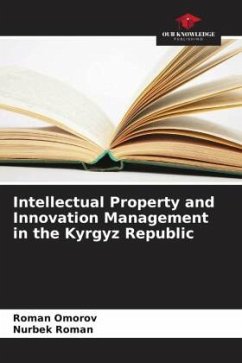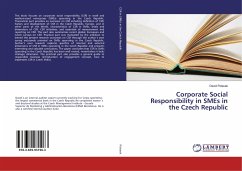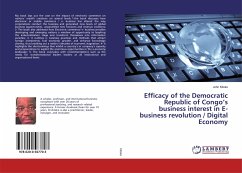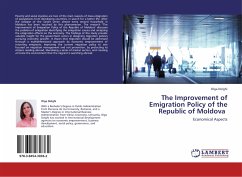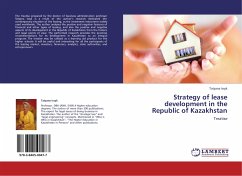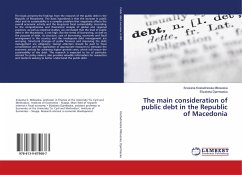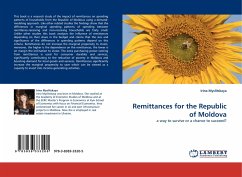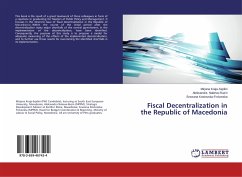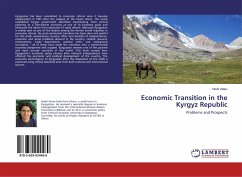
Economic Transition in the Kyrgyz Republic
Problems and Prospects
Versandkostenfrei!
Versandfertig in 6-10 Tagen
24,99 €
inkl. MwSt.

PAYBACK Punkte
12 °P sammeln!
Kyrgyzstan has been committed to economic reform since it became independent in 1991 after the collapse of the Soviet Union. The newly established Kyrgyz government identified transitioning from central planning to a free-market economy as one of its foremost goals and embraced the advice from advocates of rapid reform. Although Kyrgyzstan is widely seen as one of the leaders among the former Soviet republics in economic reform, the post-communist transition has been slow and painful for this small, mountainous country. After two decades of independence, economic and social problems abound in ...
Kyrgyzstan has been committed to economic reform since it became independent in 1991 after the collapse of the Soviet Union. The newly established Kyrgyz government identified transitioning from central planning to a free-market economy as one of its foremost goals and embraced the advice from advocates of rapid reform. Although Kyrgyzstan is widely seen as one of the leaders among the former Soviet republics in economic reform, the post-communist transition has been slow and painful for this small, mountainous country. After two decades of independence, economic and social problems abound in the country. Limited resource endowments, trade dependence, political strife, and widespread corruption - all of these have made the transition into a market-based economy dampened and crippled. Kyrgyzstan remains one of the poorest and most corrupt countries in the world. This book surveys how Kyrgyzstan's economic policy choices after national independence have affected the economic and political development of the country. The economic performance of Kyrgyzstan after the dissolution of the USSR is examined using official statistical data from both national and international sources.



